Bulk commodity fumigation
One of the most commonly used methods for bulk commodity storage and in-transit port-to-port fumigation is using PH3 phosphine. Utmost care and quality is required when providing PH3 fumigation services, especially in transit.
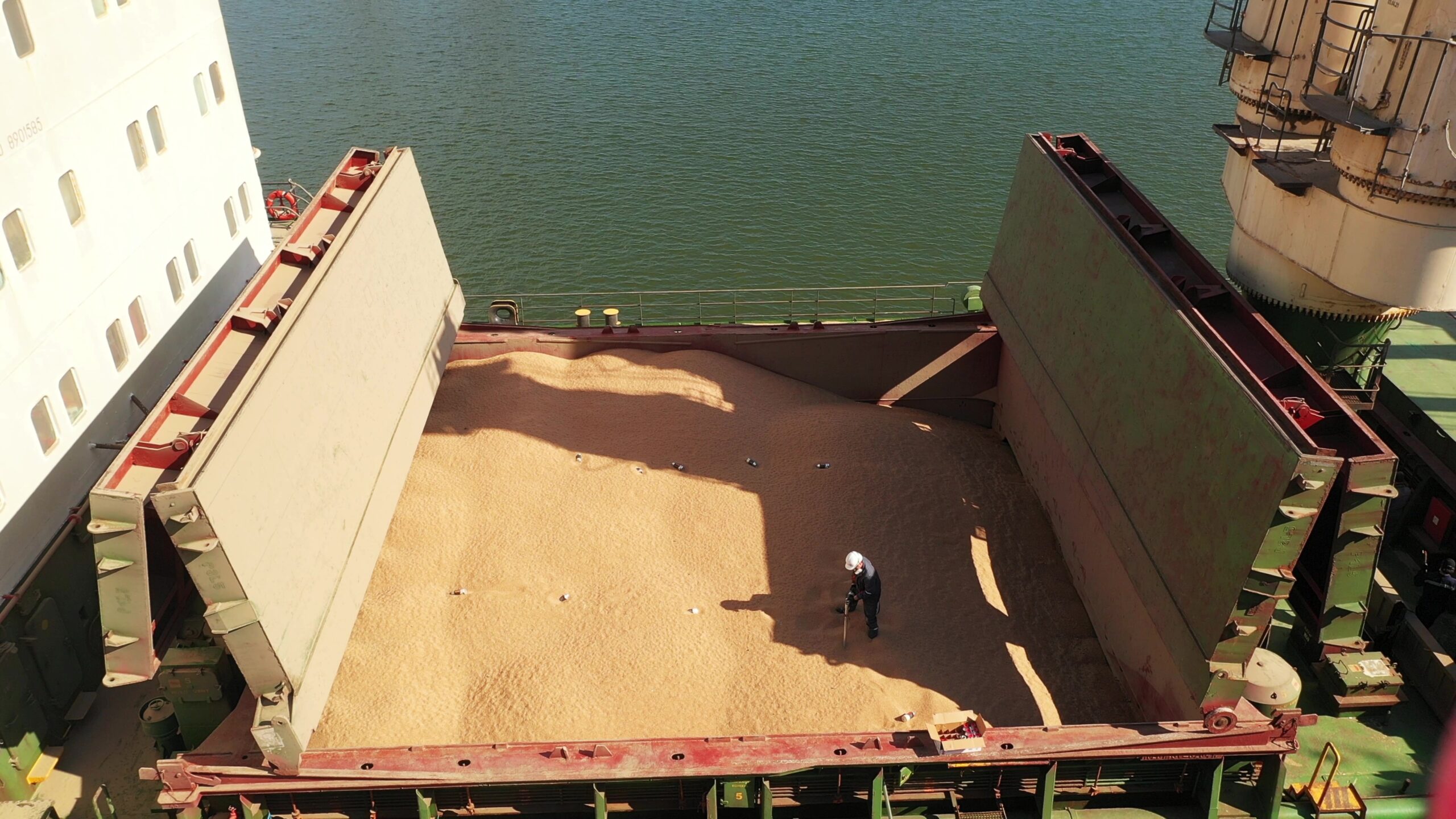
We keep your load and crew safe
Phosphine fumigation is one of the most established and widely used cost-effective methods of pest management throughout the supply chain. The active ingredient is highly effective against pests such as insects, rodents, weed seeds, nematodes, and fungi–but it is also toxic to mammals, including humans. For this reason, phosphine may only be used by properly trained specialists.
Before PH₃ is applied in the form of tablets or sleeves (with or without a J-system), a meticulous inspection is done on the vessel verifying the vessel holds/ hatches and potential manholes and pipes are gastight or sealed. Safety equipment is placed on board for gas testing during the voyage, and all further measures and procedures, such as exposure time and ventilation, are discussed, shared and signed/stamped with the vessel master or his deputy.
When possible, we verify if and which fumigator is responsible at discharge port for gas-free measurements, and we share all information accordingly in advance with them. Naturally, this is the easiest when a CUPM fumigator is also responsible at discharge port.
Surface application
For this method, metal phosphide tablets or pellets are either placed directly on the surface of the load or inserted into the load using a probe. If the transport time is long enough, it’s usually not necessary to remove the powdery residue from tablets; residue from bags can also be easily removed. However, applying the substance to the surface only offers limited effectiveness in terms of depth and thus limited penetration of the load.
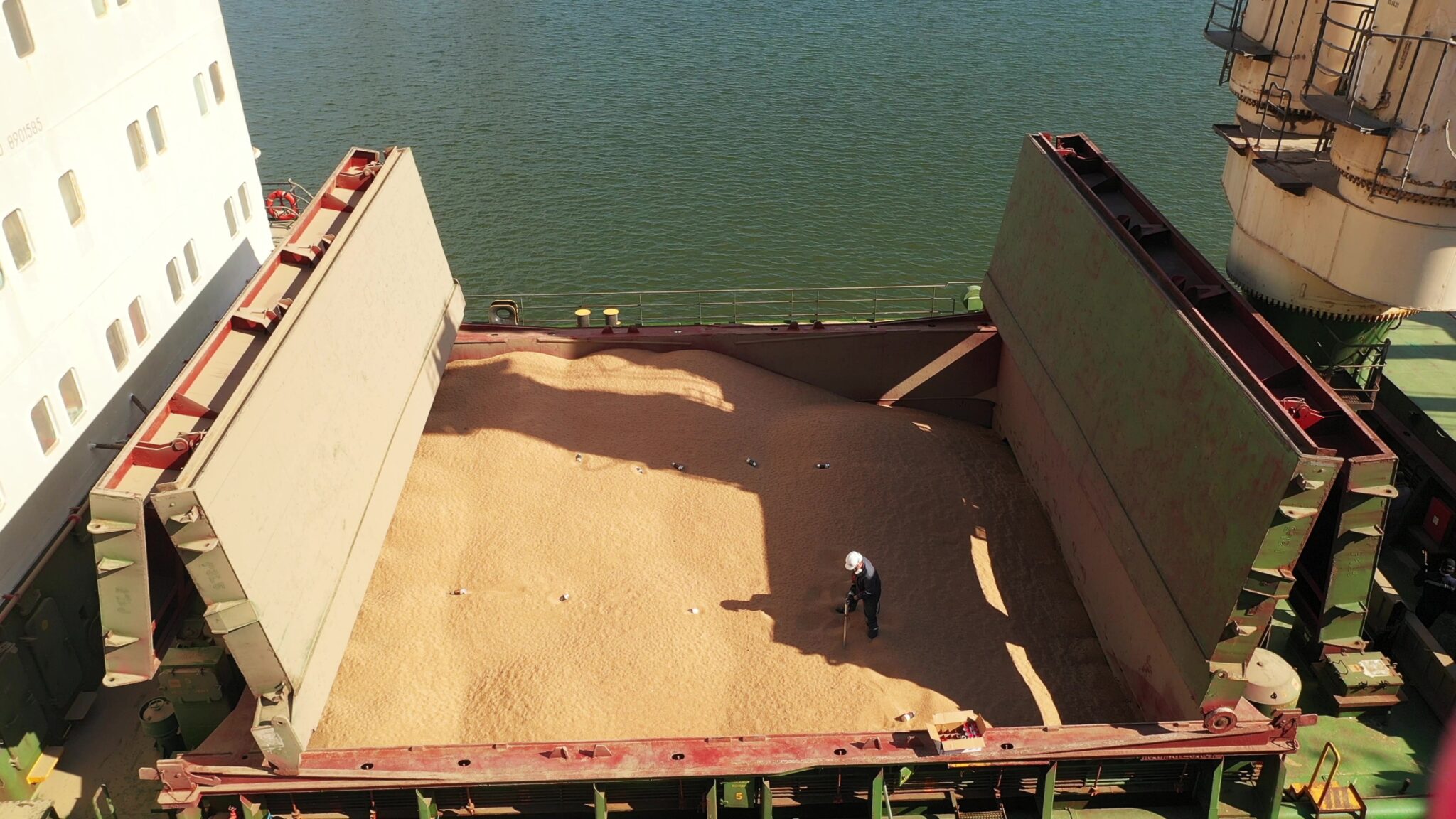
J-System / Recirculation system
For this method, a closed, mechanically operated recirculation system is installed in the cargo hold. Phosphine tablets or pellets are spread over the surface of the cargo. Through continuous air circulation, the system ensures rapid, even distribution of the fumigant and significantly improved penetration of the entire cargo.
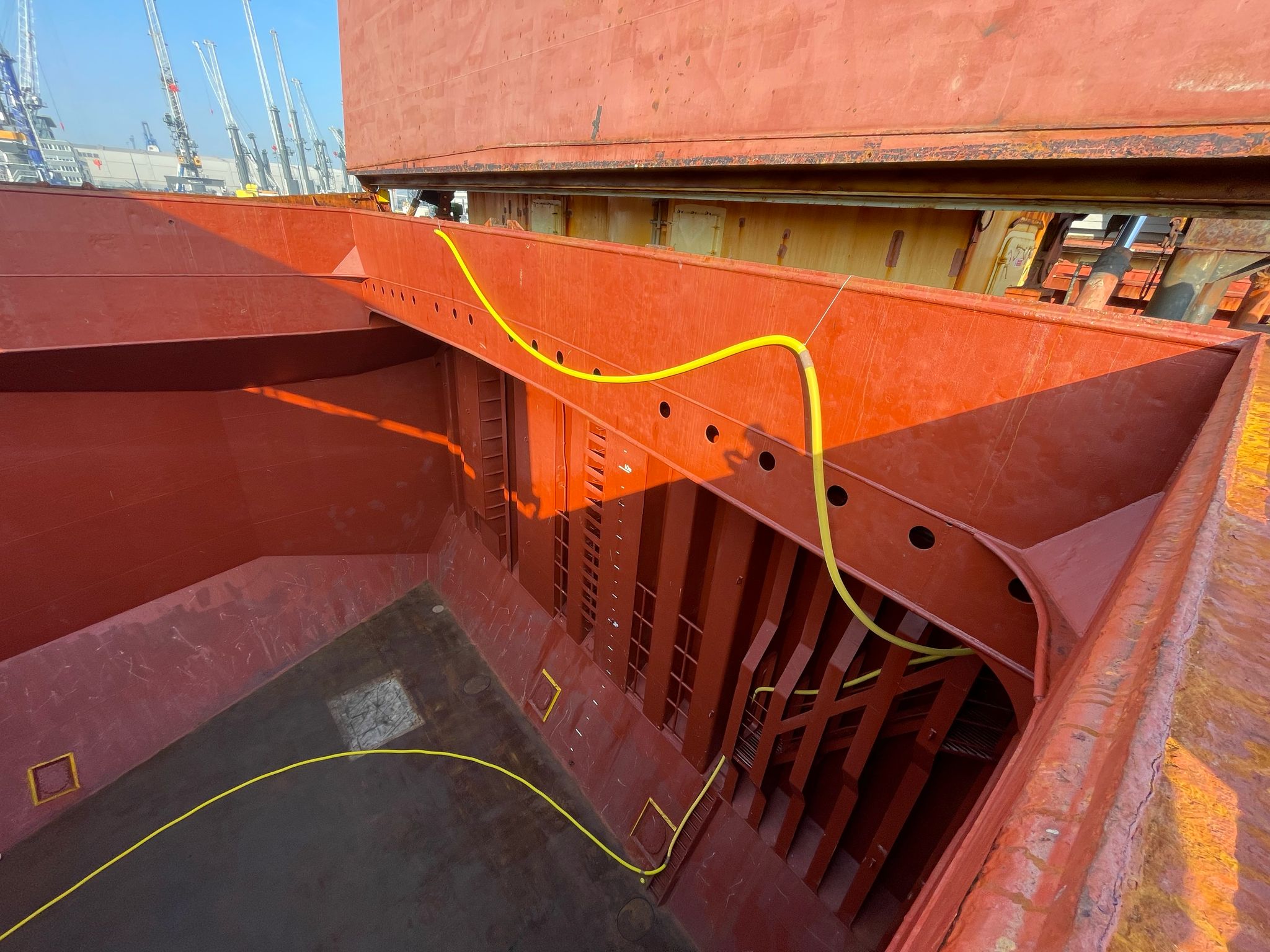
High-quality, pest-free cargo
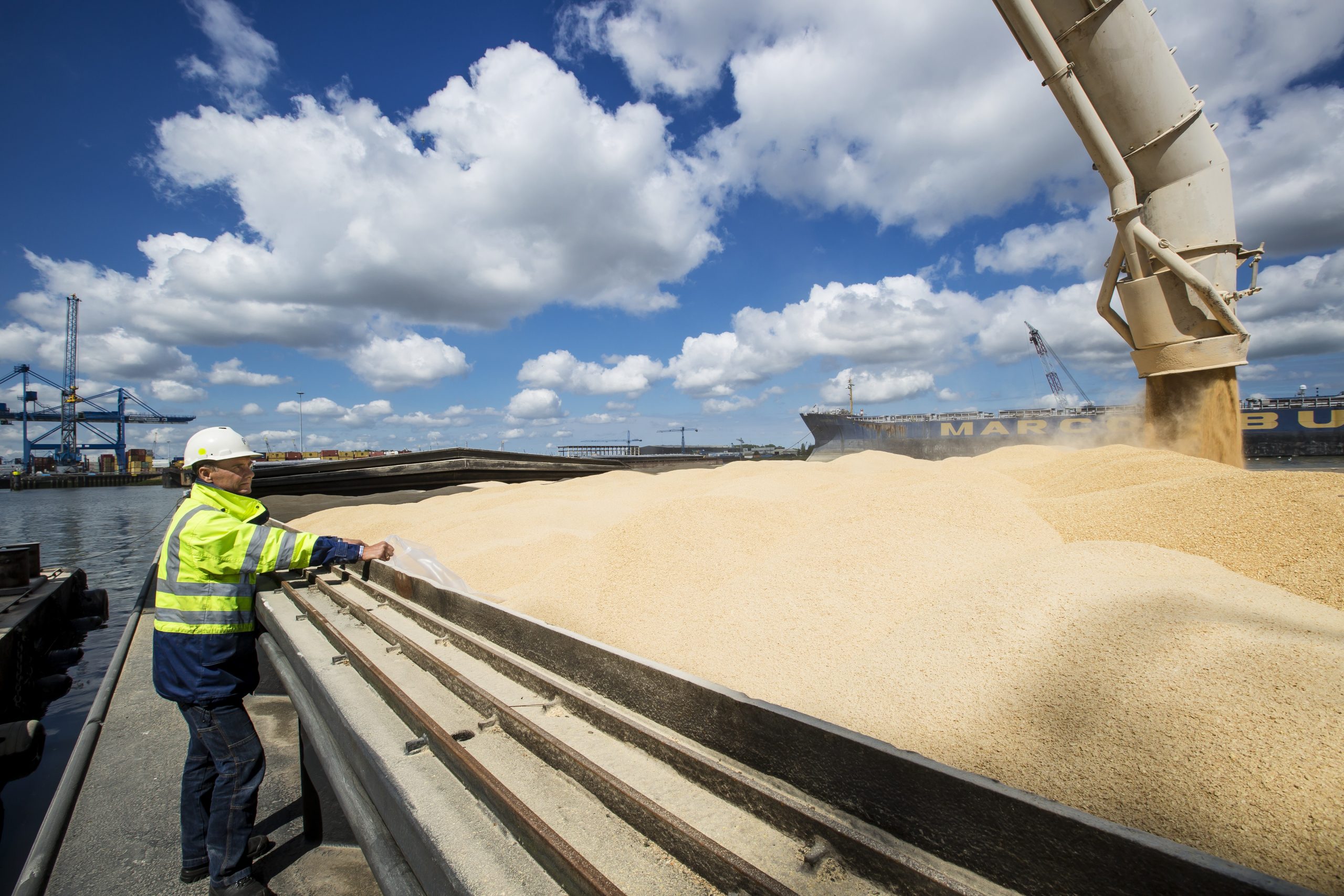
Broad spectrum of efficacy
Effective against insects and other grain pests
High availability & cost efficiency
Readily available and cost-effective in day-to-day operations
Strong diffusion properties
Strong diffusion properties – Effectively penetrates large volumes of bulk cargo and hard-to-reach parts of installations
Product-friendly
Applied without damaging the product and leaving only minimal residue
Certified & Gafta approved
All our offices involved in phosphine fumigation are Gafta-approved fumigators, which means we are certified for the application of fumigants and/or the ventilation/degassing of agricultural commodities and goods traded in accordance with Gafta.
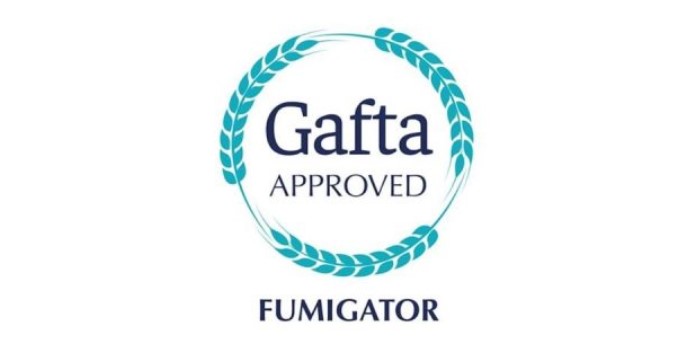
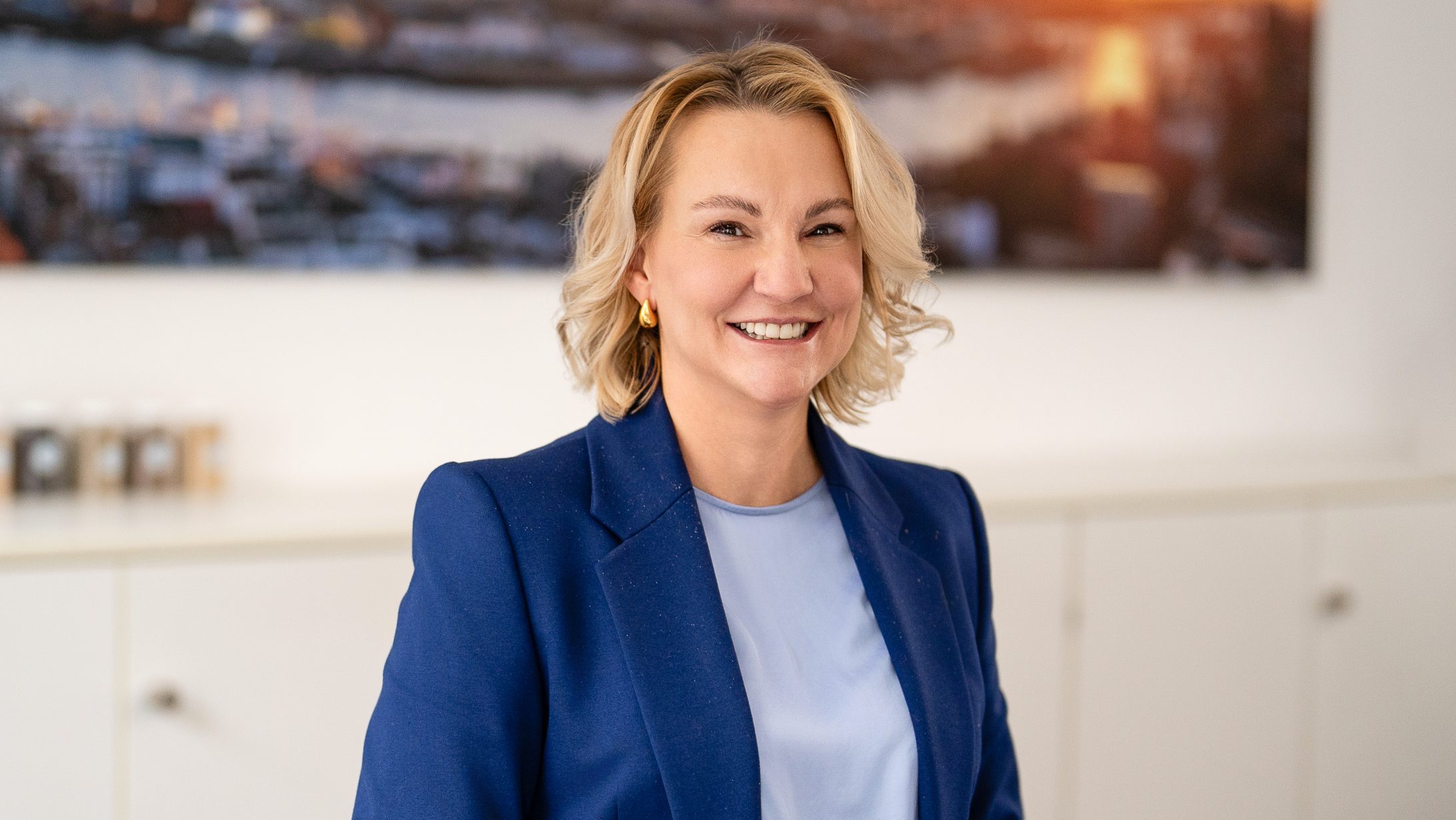
How can we help you?
Would you like to receive a quote for our pest management and fumigation services or would you like to speak to one of our colleagues in the Hamburg office? We are happy to help you.